A man experienced serious health issues after staying awake for 264 hours straight, showing the dangers of extreme sleep deprivation.
In 1963, two high school students in the United States embarked on a unique science project that would lead to a shocking outcome.
Randy Gardner, just 17 years old at the time, and his friend Bruce McAllister wanted to break the world record for staying awake.
Two students decided to set a record of not sleeping as long as possible
This record was held by a DJ in Honolulu, who managed to stay awake for nearly 11 days, or 260 hours.
Initially, their project intended to investigate how lack of sleep might impact paranormal abilities, but they quickly realized that this was impractical.
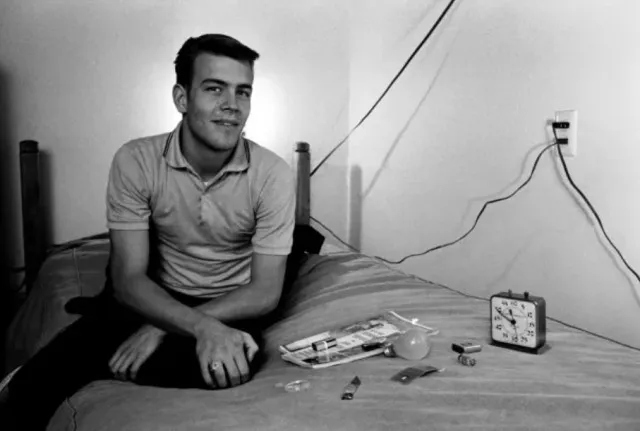
Instead, they shifted their focus to studying the impact of sleeplessness on cognitive functions and athletic performance, particularly in basketball.
A coin toss decided that Gardner would be the one to stay awake while McAllister would monitor him.
As the experiment began, McAllister soon realized that he struggled with sleep deprivation as well.
After three nights of sleeplessness, he experienced a surreal moment, waking up against a wall while writing notes.
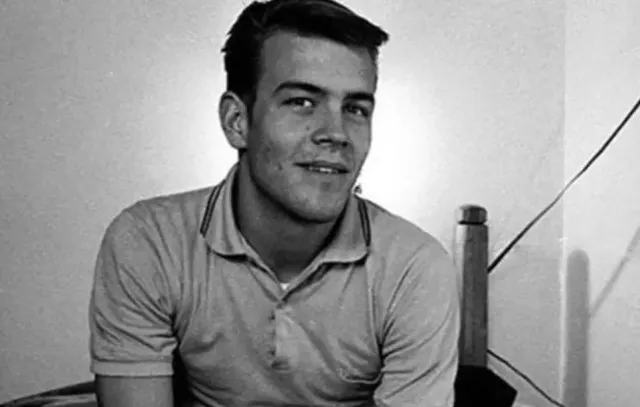
They invited sleep researcher to enjoy the study
They knew the task would be hard, so they asked a friend for help.
Two student also brought in William Dement, a sleep researcher from Stanford University, to guide them.
Dement expressed concern for Gardner’s health, as there were still many unknowns about the dangers of prolonged wakefulness.
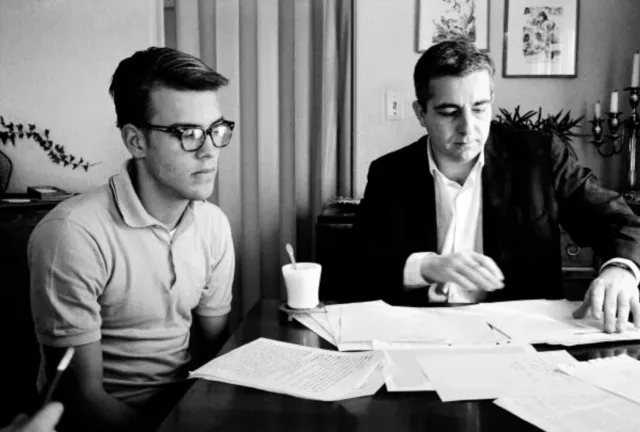
The potential consequences of extreme sleep deprivation were not fully understood at the time.
Sleep deprivation is known to cause serious health problems, like memory issues and an increased risk of heart disease.
It can also lead to impaired balance and coordination.
The man started struggling with numerous troubling symptoms
As Gardner pushed through the days without sleep, he experienced a range of troubling symptoms.
These included mood swings, difficulties in concentration, short-term memory loss, paranoia, and even hallucinations.
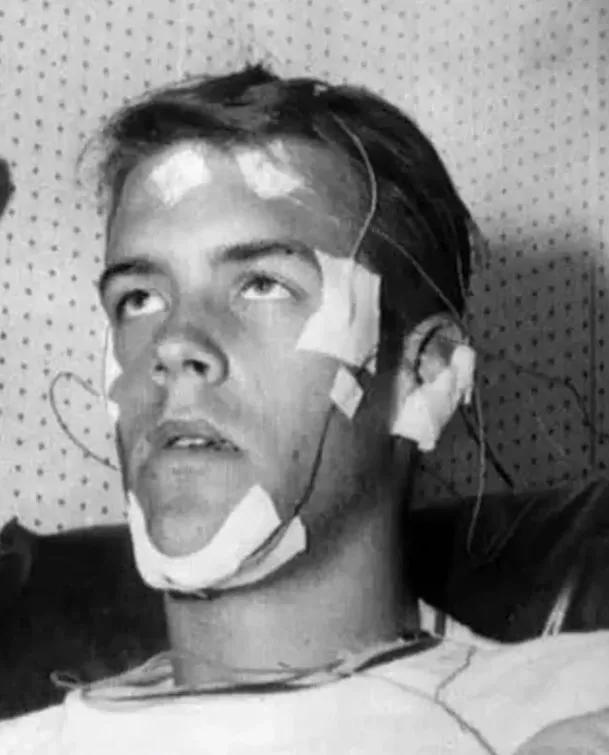
Despite being physically fit, Gardner found it increasingly hard to cope.
Dement noted that although Gardner could be motivated to engage in physical activities like basketball, he would quickly fall asleep if he closed his eyes.
Remarkably, the man managed to stay awake for a total of 264 hours, successfully breaking the record.
After this grueling 11-day ordeal, he was taken to a naval hospital where he finally slept for 14 hours straight.
Upon waking, he felt surprisingly alert and not excessively groggy, a fact he later shared in interviews.
Initially, Gardner appeared to recover well from the experiment.
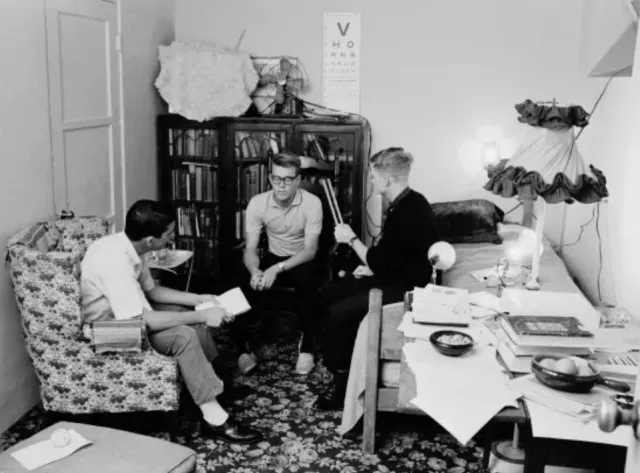
However, as time passed, he began to experience long-lasting effects from his extreme sleep deprivation.
He later revealed that he suffered from severe insomnia for decades afterward, which made his life challenging.
He described his emotional state during this time, saying, “I was awful to be around. Everything upset me.
It was like a continuation of what I did 50 years ago.”
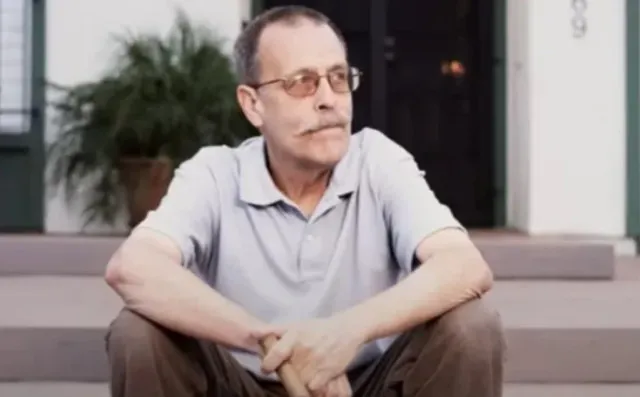
Guinness World Records ends sleep deprivation record attempts over health risks
Gardner’s record was eventually surpassed by Robert McDonald in 1986, who stayed awake for 453 hours and 40 minutes, setting a new benchmark.
Following this, Guinness World Records chose to no longer acknowledge attempts to break the sleep deprivation record.
They made this decision due to the serious risks involved in such extreme challenges.